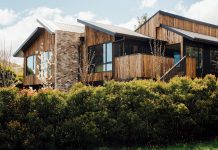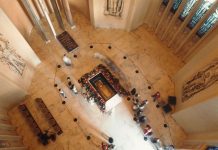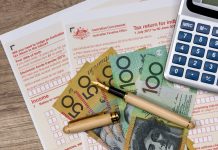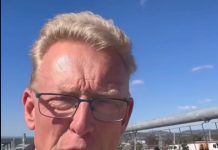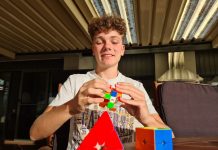Butt Out Boondah has launched new education programs for tackling Indigenous smoking rates, for World No Tobacco Day (today, Monday 31 May) and Reconciliation Week (27 May-3 June).
The programs have been created to help Aboriginal and Torres Strait Islander people in the Queanbeyan, Yass, Cooma and Goulburn regions to quit smoking for good.
The programs revolved around a central theme – “smoking isn’t part of our culture” – and are based on consultation with local Indigenous communities. The content focuses on a “celebration of culture and what it means to First Nations People, rather than solely highlighting the negative impact of smoking”.
“Our People continued to give us feedback about the negative messaging surrounding smoking, and how it wasn’t motivating them to quit,” says Tackling Indigenous Smoking Officer at Butt Out Boondah, Justine Brown.
“Rather, they felt more empowered and inspired to better their health when they were connected to culture.”
As well, Butt Out Boondah has launched a new TV campaign in the local region – Canberra, Queanbeyan, Yass, Cooma, Goulburn – as well as nationally, which raises awareness of the new programs and celebrates culture with a smoking ceremony, traditional dance and a yarning circle.
“It’s about looking at the whole person, culture included, and being positive about the things we have to celebrate and not focusing on one particular issue in isolation,” Ms Brown says.
Butt Out Boondah’s new programs include a yarning circle, tailored for mothers and families to raise awareness of the health impacts of smoking; an exercise class and cessation program to improve overall health; school programs to educate young people about the impact of smoking on their community; and a young women’s yarning circle to support younger women to live a smoke-free life.
According to the Australian Insitute of Health and Welfare, tobacco smoking in Australia remains “disproportionately high” among Indigenous Australians.
For more news:

